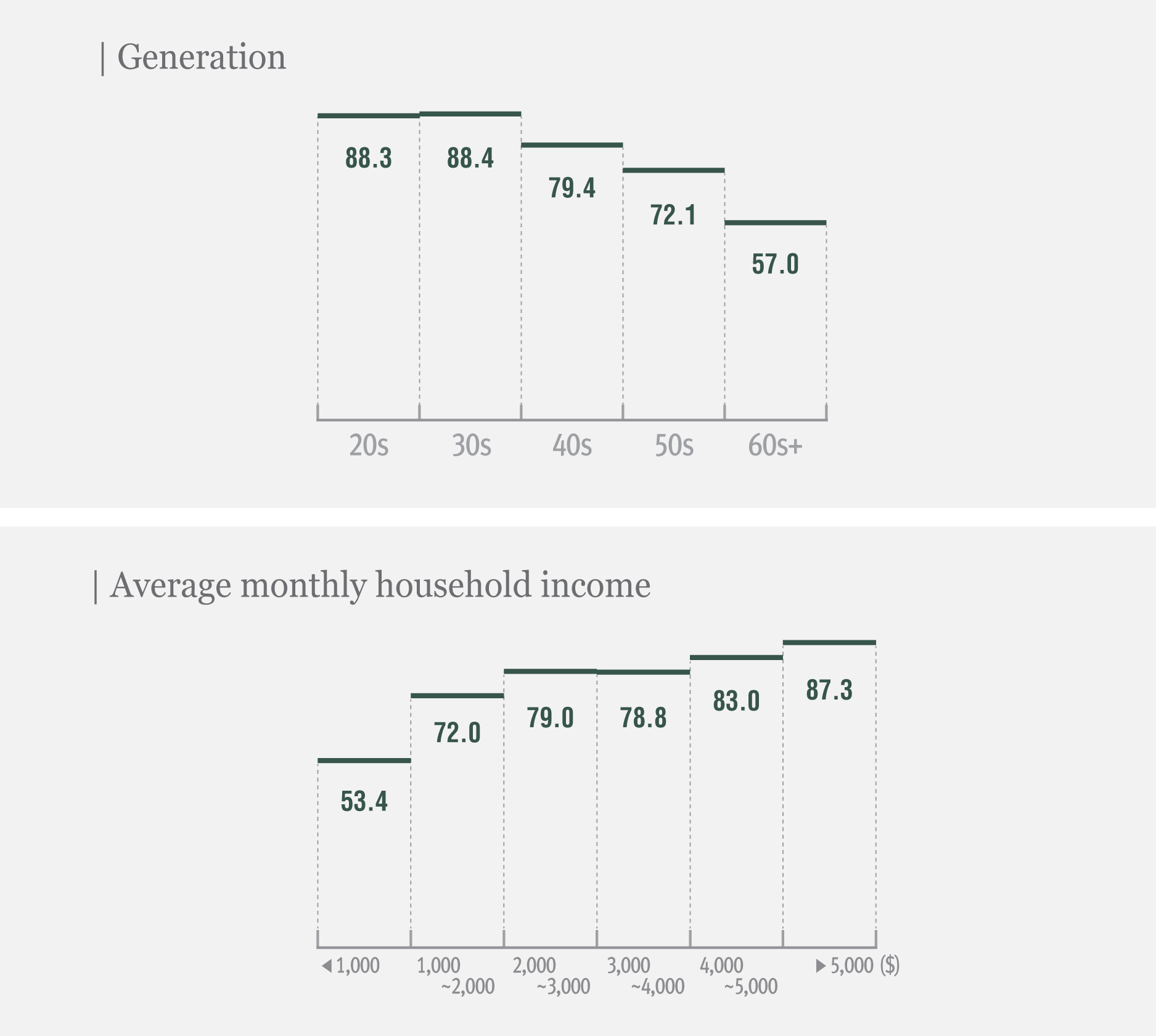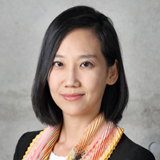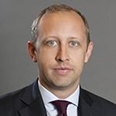
THE ASAN PUBLIC OPINION BRIEF
Public Opinion on Social Division
SOURCE OF SOCIAL DIVISION : CLASS
July 16-18
On a scale of 0 to 10, how do you perceive the intensity of the division between the rich and the poor?
(0: Not Strong; 5: Normal; 10: Very strong, %)
Younger generations were more likely perceive class conflict in Korea to be “strong” than older generations. As opposed to 88.3% of respondents in their twenties and 88.4% of in their thirties, only 57.0% of respondents 60 years or older rated class conflict to be strong (6-10).
Average monthly household income Surprisingly, groups with higher income perceived class conflict as more intense. While 87.3% of the income group earning more than $5,000 per month and 83.0% of the group earning between $4,000 and $5,000 per month perceived class division to be strong, smaller percentages of those earning between $1,000 and $2,000 (72.0%) or less than $1,000 (53.4%) perceived class conflict to be “strong.”
METHODOLOGY
- The sample size of each survey was 1,000 respondents over the age of 19.
- The surveys were conducted by Research & Research, and the margin of error is ±3.1% at the 95% confidence level.
- All surveys employed the Random Digit Dialing method for mobile and landline telephones.
3-day rolling average?
The sample size of each survey was 1,000 respondents over the age of 19. The surveys were conducted by Research & Research, and the margin of error is ±3.1% at the 95% confidence level. All surveys employed the Random Digit Dialing method for mobile and landline telephones.
This brief is a product of the Public Opinion Studies Center at the Asan Institute for Policy Studies.
Contact Karl Friedhoff at klf@asaninst.org.

 Facebook
Facebook Twitter
Twitter

